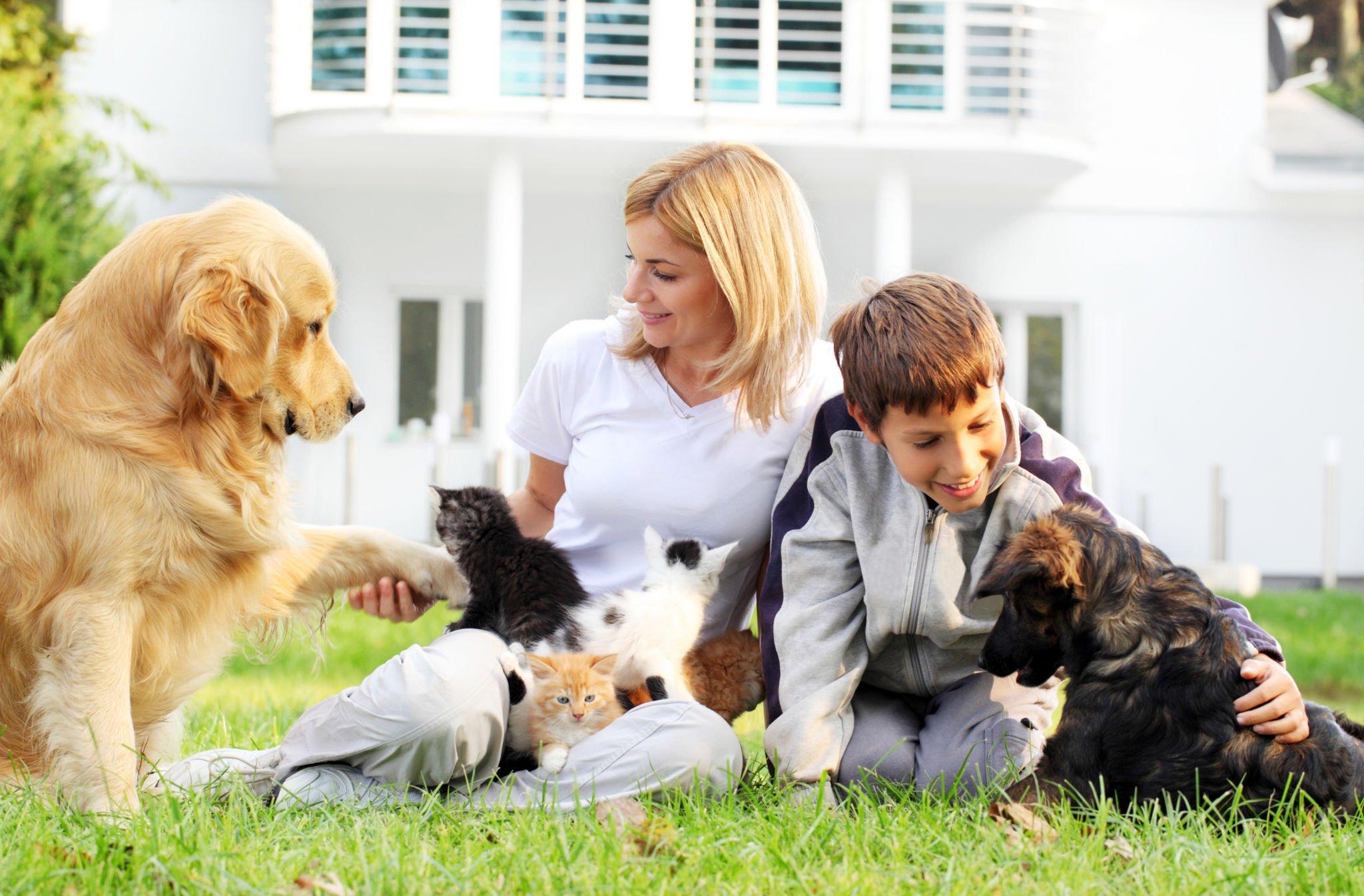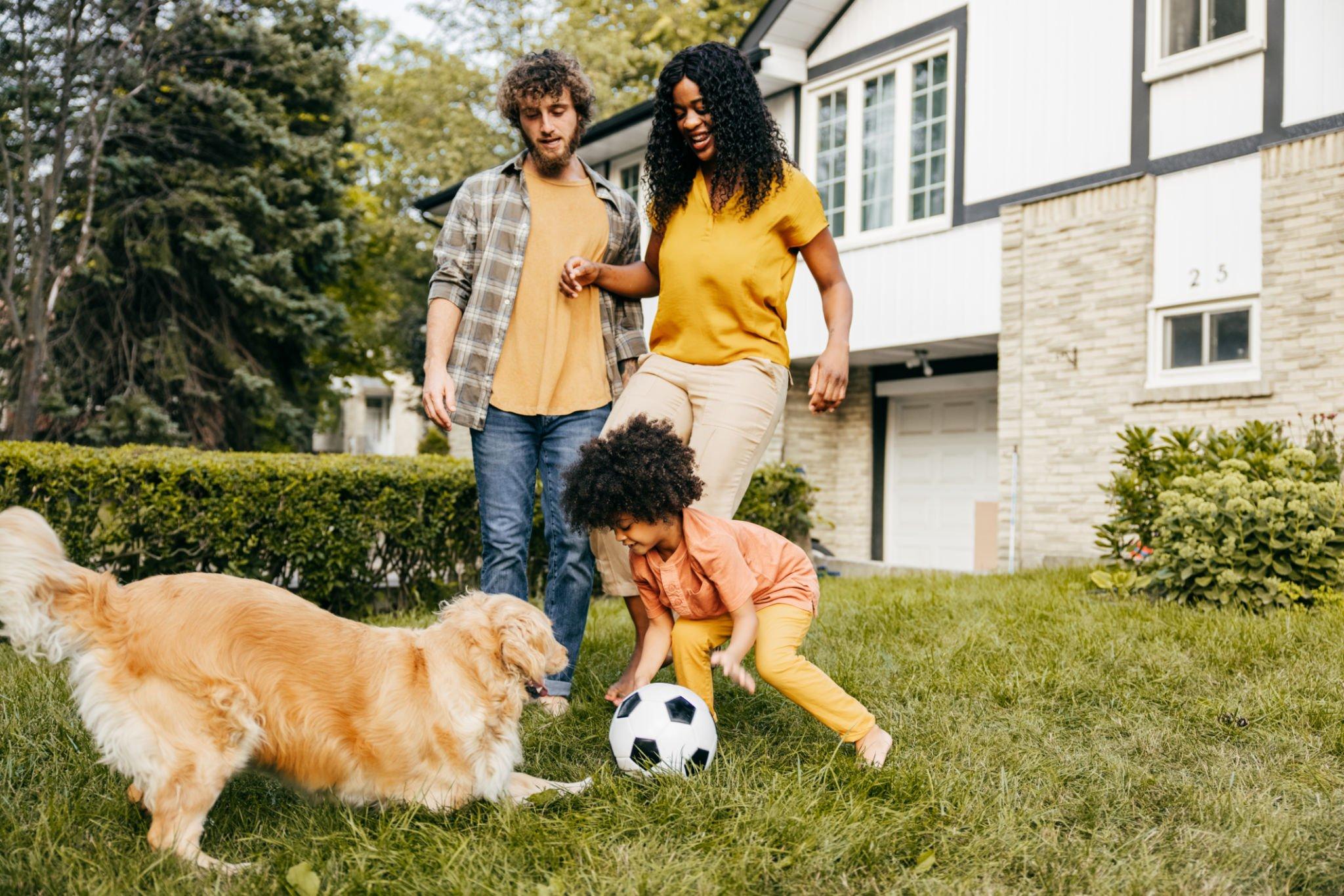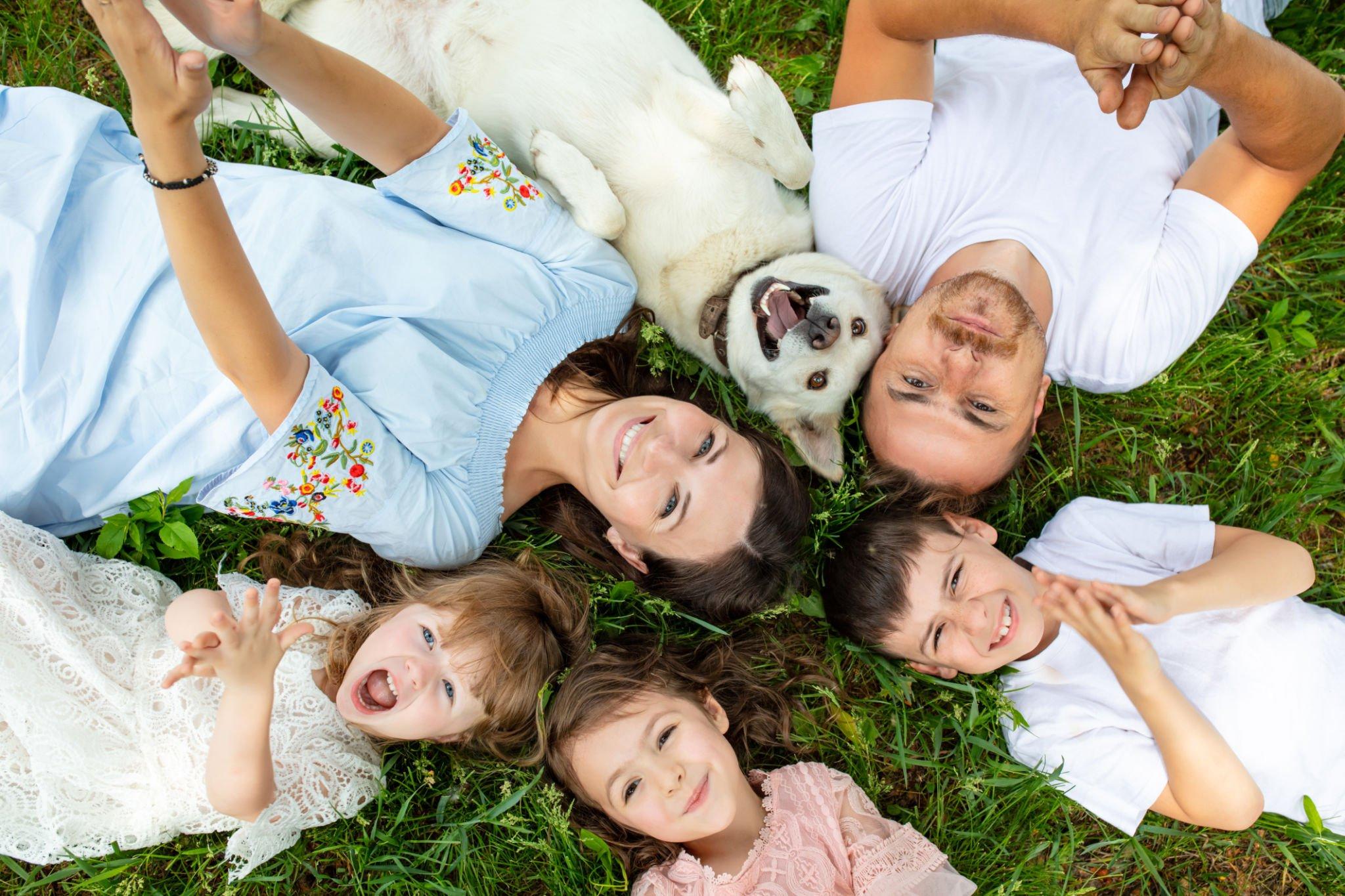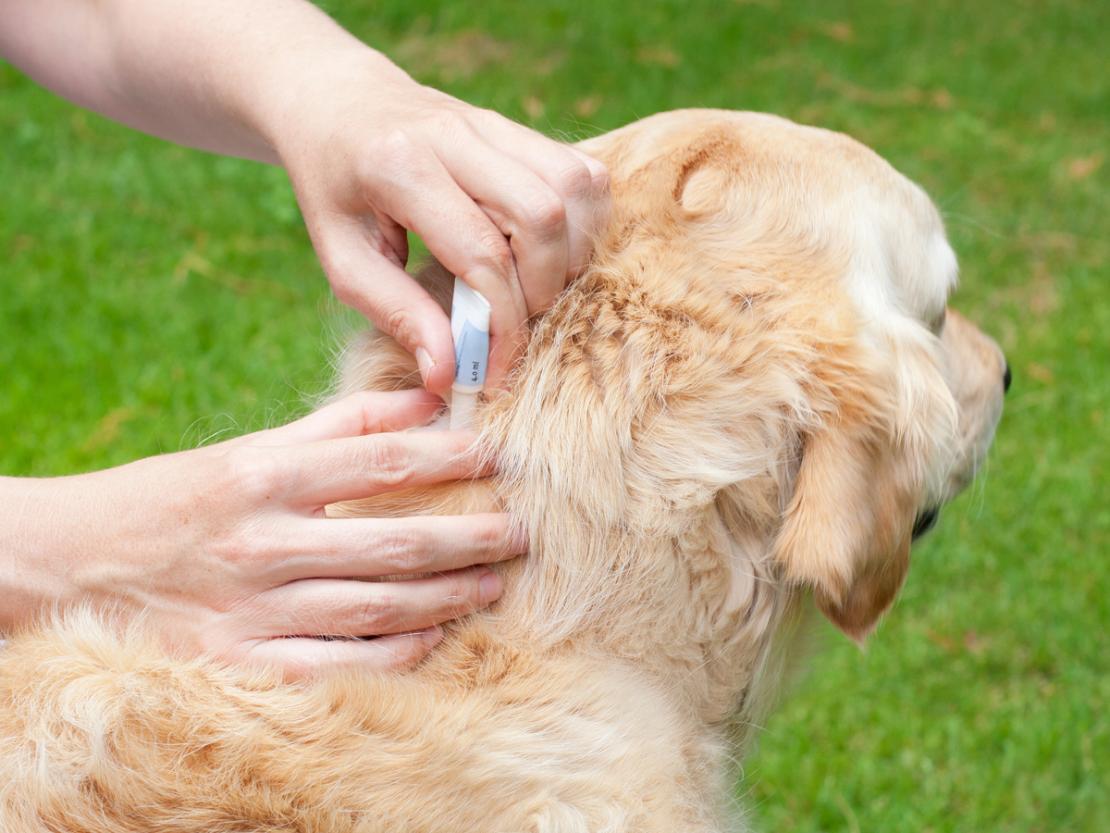
Dogs make amazing additions to family homes. Dogs teach children compassion and responsibility, they make great playmates and when it comes to burning off all that excess energy that both children and dogs seem constantly to have, they’re a match made in heaven.
There are plenty of ways children can become involved in the care of a dog, from taking them for walks to taking them to the dog trimmers but care must be taken when choosing the right breed of dog to join your family. There are so many breeds available and each has its own set of qualities and characteristics that make them ideal for one type of owner or another other, but not all will be the perfect dog for a family with playful young children, so research is important before committing to becoming an owner.
But get the right dog and your children will have a buddy to grow up with, through all life’s ups and downs, and the chance to experience all the joy a dog can bring.
Listed below are the top five dog breeds for families with playful children:
Beagle
These fun-loving little hounds make for a great family pet as they are the perfect size for young children, full of energy and very friendly. Beagles are family favourites to many due to their intelligence, single-mindedness, good temperament and the relative absence of inherited health problems.
Even though they can be quite stubborn, Beagles have a calm personality and a gentle disposition. All of these contribute to making Beagles great family companions capable of forming extraordinarily tight bonds with your children.

Golden Retriever
Golden Retrievers are friendly, kind and very loyal, not to mention affectionate, obedient, patient and fun-loving – the perfect choice for playful young children. Golden Retrievers make an all-around great family pet. In addition to being smart, even-tempered and easy to train, Golden Retrievers love having lots of activity to keep them busy, which is why they make ideal playmates for young families.
This needs for extracurricular activity is a great way to use up over-excited young children’s overabundance of energy. While Golden Retrievers do need a lot of exercises, they have a particular liking for ball games and retrieval activities, which children love to take part in. And when your little ones are having an off-day and need some comfort, there’s no kinder animal when it comes to handing out affection and love. They give and receive love brilliantly and create quick bonds.
Irish Setter
Popularly known for its rusty red coat, this breed is playful, energetic, enjoys playing with children and loves being around people in general. Irish Setters hate being isolated so having children satisfies their need for companionship and love. They tend to be on their best behaviour when surrounded by their family.
Irish Setters are also popular showstoppers as they catch the eye of anyone they pass with their beautiful coat. Because they have top-class athleticism, they must live an active lifestyle – one that preferably involves a lot of running around and ball catching.
Their athleticism also makes them awesome workout partners and they’re great at motivating children away from their computer games and out into the fresh air. Their love of being physically active makes them a great match for playful children with boundless energy.

Labrador Retriever
Labrador Retrievers love everyone – other animals, adults, and kids. Their sweet demeanour makes many people take an instant liking to them. They are loving, patient, protective, reliable and playful.
They are also intelligent. And while some people like to think they don’t need training, they definitely do as they perform best when they get mental stimulation and physical activity from training sessions.
Irrespective of the colour you opt for, all Labrador Retrievers share similar obedience, stamina, and strength. They have high energy levels and live to be taken for their walks, runs and even swimming! Their webbed toes and interwoven coat give them extra protection in the water.
Be sure your family has enough energy to keep up with theirs though! And ensure they have plenty of room to run around and play whenever they want to, or they will be unhappy. Maintaining their short coat is relatively easy as they don’t need frequent trips to the groomer. Instead, a weekly comb should be enough. This combing can be done by your children. Ensure they don’t over-feed your Lab though as they have a propensity to become overweight.
Poodle
Poodles are gentle and smart dogs, bred for activity. This breed comes in standard, miniature and toy sizes all with their own set of special characteristics, so there’s plenty of choice whatever the age of your children, the size of your family, and the kind of home you own. Poodles are elegant and proud dogs that care for and are loyal to their owners. Their coats require scheduled grooming but they are also hypoallergenic, that is, they are great for children with allergies as they shed very little.
How to Choose a Dog Breed for Your Family
Not all dogs are perfect for every household as while some are better suited for older kids, there are equally those more suited to toddlers and small children. When making the choice of which dog breeds to opt for, there are a number of things you should consider.

These include:
- Energy Level: Because they need to be able to keep up with their children’s energy without feeling exhausted, many child-friendly dog breeds have plenty of energy.
Consider their energy level and decide if it is one your family can keep up with. Be realistic about what you can offer a dog with an energy level that exceeds what you’re used to so this doesn’t pose a problem for your family, or for the dog in the long run.
- Intelligence: Go for a dog that has been trained, or is easy to train. This is a great advantage when it comes to your children’s safety.
- Friendliness: When selecting dogs for your family home, you should consider getting breeds that are known to be warm, loving and easily accommodating instead of those who are impatient, unreceptive of social interactions and/or prone to unwanted behaviour.
- Size: When choosing a dog breed, consider their size. Some large dogs are known to be rather unexcitable while many small ones are known to be extremely excitable. You also don’t want to go for dogs bigger than your children as your children may be scared of them or get knocked over by them if they’re very young, rather than being playmates with them.
- Temperament: Consider going for dog breeds with an agreeable, calm temperament as your children are more likely to get along better with these.


